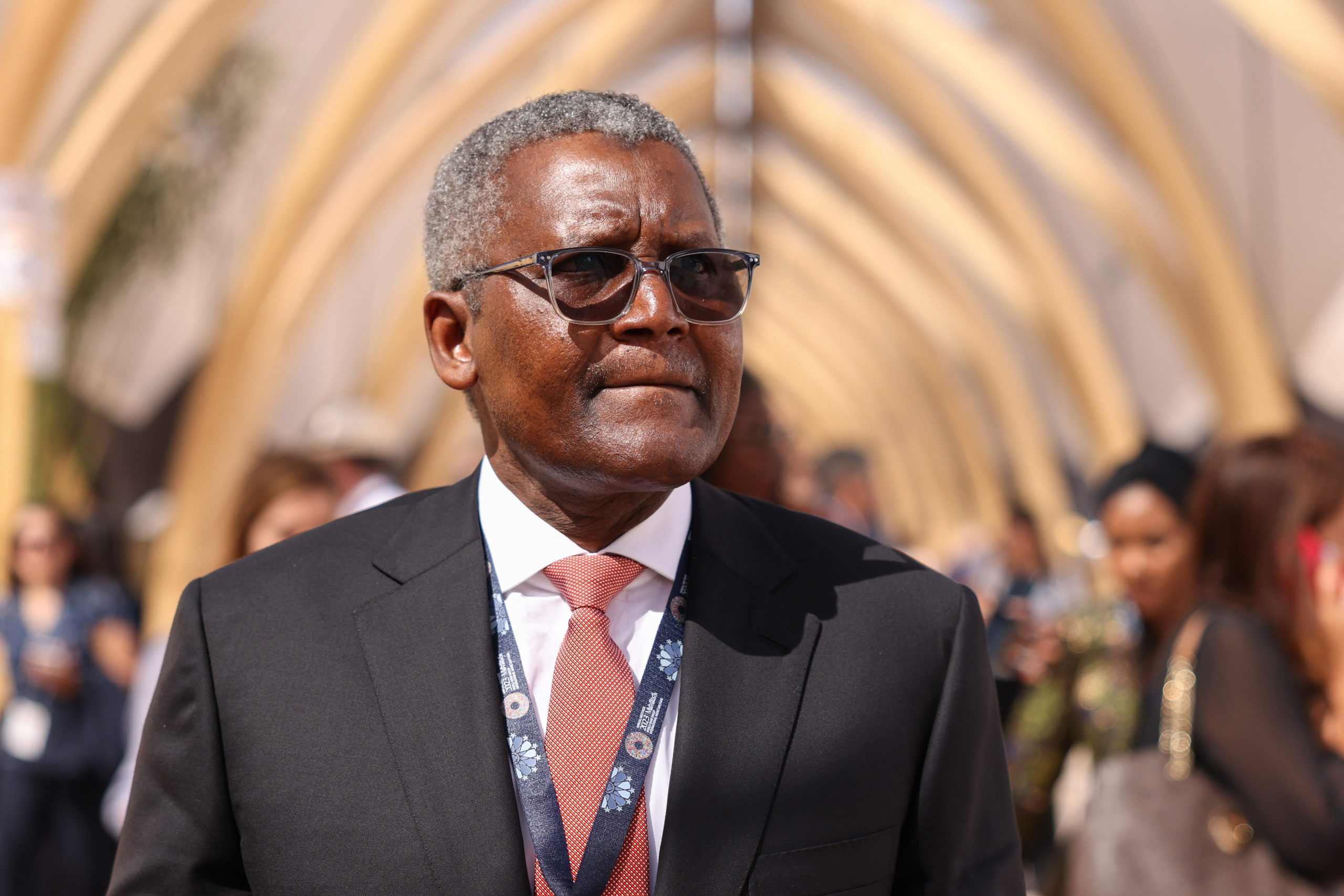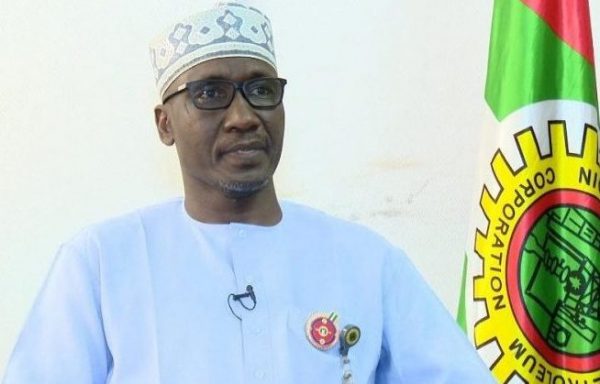News
Oil Prices: NNPC Promises To Stick To OPEC Agreement
The Nigerian National Petroleum Corporation (NNPC) has said it will not alter the production adjustments agreed upon between Organisation of Petroleum Exporting Countries (OPEC) and Non-OPEC countries despite recent volatility in global oil prices.
Members of OPEC and non-OPEC countries had during the last ministerial meeting of what is known as OPEC Plus, held on July 2 in Vienna, Austria committed to a Declaration of Cooperation as regards the volumes of crude to be produced by member countries.
The global prices of crude had been fluctuating in recent times, falling below and rising above $60 per barrel at various intervals, a development which, according to industry observers, might make some crude exporting countries consider adjusting their production volumes.
The NNPC, however, insists that it will stick to the agreed terms of OPEC and urged other countries to do same.
Nigeria’s Representatives on the OPEC Economic Commission Board and Group Managing Director, NNPC, Mele Kyari, made this known in a statement issued on Wednesday in Abuja.
The statement signed by the OPEC Representative said Nigeria was totally committed to full compliance with the agreement reached by the parties to the DoC.
“Right now, we are not only committed to the agreement but we have elevated our attitude towards it to the point of complete devotion to the adjustments and we urge other parties to follow suit,” he said.
Kyari expressed optimism that the momentary and artificially induced bearish trends would naturally correct itself based on the strong market fundamentals which had remained steadfast despite the price slid.
He said that with a visible steady decline in commercial stock overhang propelled by healthy demand, it was only logical for all advocates of oil price stability like the OPEC Plus allies to comply strictly with the agreed production adjustments.
The NNPC boss noted that with the increasing volatility of the oil market, it had become vital for Nigeria and all other parties to the agreement to entrench an attitude of unwavering devotion to the deal anchored on full and timely conformity to their obligations.





